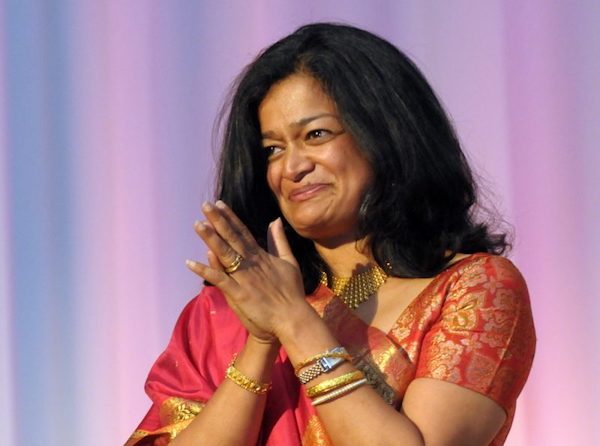Nations must realize they are not in a competitive race but trying to outrun the clock
In a surprise move at COP26 in Glasgow, Prime Minister Narendra Modi announced that India will commit to ambitious, enhanced climate targets and cuts in carbon emissions in its Nationally Determined Contributions (NDCs). There were promises to increase non-fossil fuel energy capacity to 500 GW, meet 50% energy from renewable energy, reduce emissions by one billion tons, and bring down the economy’s carbon intensity below 45%, all by 2030. Finally, the PM made the much-awaited declaration: to reach Net Zero emissions by 2070. The announcement came as a surprise given that India had given no assurances to visiting western climate negotiators before the conference and had not filed updated NDCs by the deadline last month. Earlier, the G20 summit in Rome ended without any new commitments on climate change, and India’s G20 Sherpa and Minister Piyush Goyal had said that India could not “identify a year” for ending net carbon emissions (ensuring carbon dioxide emissions are absorbed by the use of technology and lowering output), unless the developed world committed to funding India’s energy transition and enabled clean technology transfers on a much higher scale. Mr. Goyal even suggested that India could not switch to non-fossil fuel and end coal-based thermal plants unless it was made a member of the Nuclear Suppliers Group, where it is being blocked by China and a number of other countries.
Mr. Modi’s pledges in 2021 will require an almost immediate shift in the Government’s priorities if it wishes to meet its first few goals in just eight years. According to one estimate (the Centre for Science and Environment), the promise to reduce emissions by one billion tons would need a reduction in India’s carbon output by a massive 22% by 2030. On Net Zero, the target of 2070 is two decades after the global goal at mid-century and would require the world’s other growing economies including China to peak emissions, preferably by 2030 itself. India meets about 12% of its electricity needs through renewable energy, and ramping that up to 50% by 2030 will be a tall ask too. If the Government realizes Mr. Modi’s promises in Glasgow, India will be a global beacon in fighting climate change and ensuring sustainable development. At the least, it is hoped the commitments will inspire other countries to keep their word, particularly the developed world that has lagged behind in fulfilling combined promises of billions of dollars to fund emerging economies, LDCs and the most climate vulnerable countries in the global South. When it comes to climate change, countries must remember they are not in competition with one another but trying together to outrun the clock.
(The Hindu)





Be the first to comment